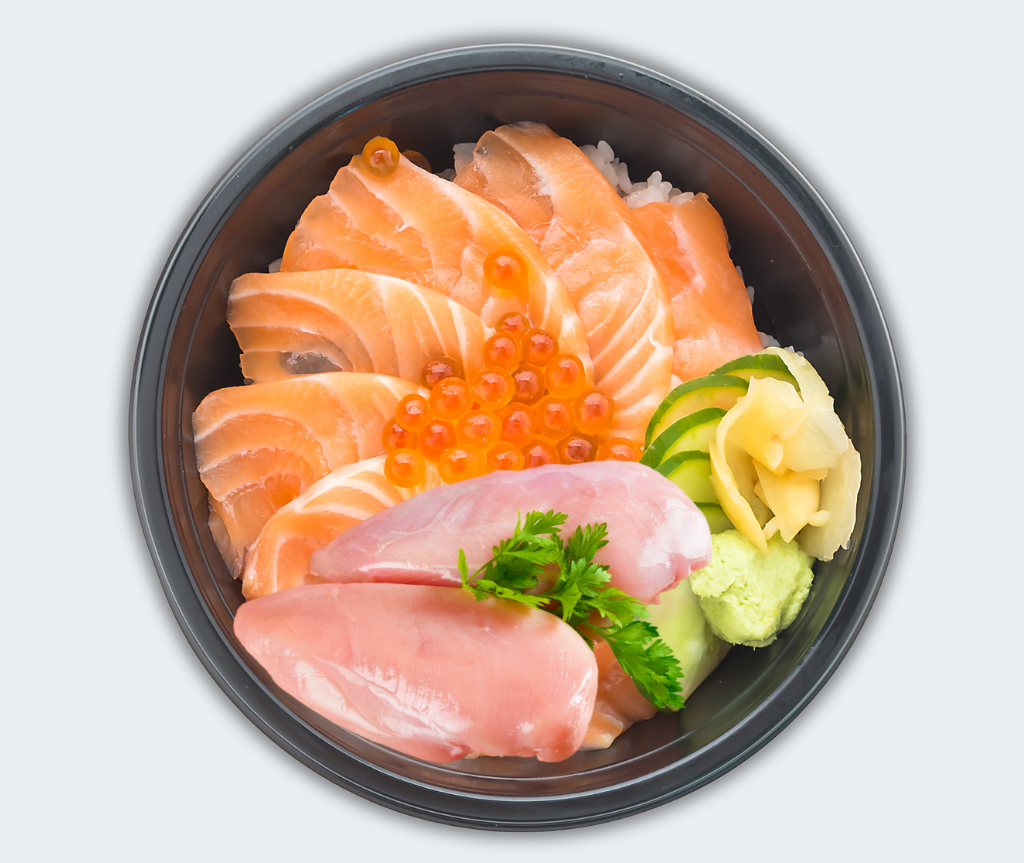Lean protein is a cornerstone of a healthy diet, playing a crucial role in various bodily functions.
Protein is an essential macronutrient that is vital in nearly all bodily functions. High-quality, lean protein sources are crucial for building muscle, weight loss, and overall health.
While traditional sources often include meat and dairy, the world of protein extends far beyond these familiar options. There are many delicious and nutritious plant-based protein foods to discover.
Keep reading to learn ten surprising lean protein foods that will energize your body without weighing you down.
1. Edamame
Edamame is an excellent plant-based lean protein food. These young soybeans packed in the pod contain 11 grams of protein per half-cup serving.
They also have plenty of fibre, antioxidants, vitamin K, and folate. Unlike processed soy products, whole soybeans like edamame contain all the essential amino acids needed to form a complete protein.
Steam or boil edamame and sprinkle with sea salt for a satisfying, nutty snack.
2. Hemp Seeds
Tiny but mighty, hemp seeds provide 10 grams of complete, highly digestible protein per three tablespoons.
Hemp seeds are also rich in anti-inflammatory omega-3 fatty acids and minerals like magnesium, iron, and zinc. Add hemp seeds to smoothies, oatmeal, salads, or yoghurt—their mild, nutty flavour pairs well with sweet and savoury dishes.
With loads of protein, fibre and healthy fats, hemp seeds keep you energized and satisfied.
3. Spirulina
This blue-green algae superfood packs 8 grams of complete protein in just one tablespoon, plus antioxidants, B vitamins, and iron.
Spirulina has a strong flavour, so it’s best enjoyed blended into smoothies or green juices.
With its stellar nutrient profile, spirulina helps curb cravings, regulate blood sugar levels, and maintain lean muscle mass.
4. Nutritional Yeast
Nutritional yeast is an inactive yeast made from beet molasses and sugar cane. Just two tablespoons provide 8 grams of protein. Nutritional yeast is low in fat and sodium while high in B vitamins.
It has a delicious, savoury, cheesy umami flavour popular with vegans and vegetarians. Use it to make dairy-free mac and “cheese” or sprinkle on salads, pasta, and popcorn for a protein and nutrient boost.
5. Chickpeas
Chickpeas, also known as garbanzo beans, 10 grams of protein, 5 grams of fibre, and many key micronutrients like iron, phosphorus, and B vitamins in just half a cup. Rinse canned chickpeas to reduce sodium.
Then, roast them with seasoning to make a crispy, high-protein snack. Blend chickpeas with tahini and lemon juice to make hummus. Or add them to salads, soups, and veggie burgers.
Their versatility makes them an easy way to increase daily protein intake.
6. Tempeh
A staple source of plant-based protein originating in Indonesia, tempeh is made from fermented soybeans formed into a firm, nutty cake. With 16 grams of protein per half cup, tempeh contains all nine essential amino acids. Its nutritious protein helps stabilize blood sugar levels and keeps you feeling full. Tempeh’s firm texture absorbs flavours easily. Try marinating and grilling it, or use it crumbled in chilli, tacos, and stir-fries.
7. Lentils
These fibre-rich legumes deliver 18 grams of protein per cooked cup, making them one of the most protein-packed plant foods.
Lentils are affordable, versatile, low in fat, and rich in folate, iron, potassium and antioxidants.
Enjoy lentils in soups, salads, curries, or blended into plant-based burgers. Green, brown, red, yellow, or black – the variety of colours reflects different nutrient profiles to mix up your protein routine.
8. Greek Yogurt
Plain Greek yoghurt provides a whopping 22 grams of protein per 6-ounce serving.
It has half the sodium, carbohydrates, and sugar of regular yoghurt with double the protein. Greek yoghurt’s thick, creamy texture comes from straining out the whey.
Enjoy it with fruit, nuts, and seeds for a protein-packed breakfast or snack. Just be mindful of added sugars in flavoured yoghurts.
9. Salmon
Salmon is a go-to option for lean, low-fat protein from animal sources.
Half a fillet of wild-caught sockeye salmon has 34 grams of protein for just 238 calories and 4 grams of fat. Salmon is also one of the best sources of anti-inflammatory omega-3 fatty acids.
Bake or poach salmon, then use it in salads, sandwiches, and bowls. Canned salmon is another convenient way to add heart-healthy fish protein into meals and snacks.
10. Chicken Breast
A 3-ounce serving of skinless, cooked chicken breast packs 26 grams of pure protein and about 110 calories.
Lean chicken is an affordable and versatile source of low-fat animal protein. Mix your chicken meals with different seasonings and cooking methods like grilling, baking, or sautéing with veggies.
Shredded chicken works well in salads, wraps, soups, and casseroles. Prioritize organic and sustainably raised chicken when possible.
The Bottom Line
Combining these lean protein foods into your diet can significantly enhance your health.
Whether you prefer plant-based or animal-based proteins, these foods offer a refreshing variety to meet your nutritional needs.
Remember, a balanced diet is key, so complement these proteins with fruits, vegetables, and whole grains for optimal health benefits.



